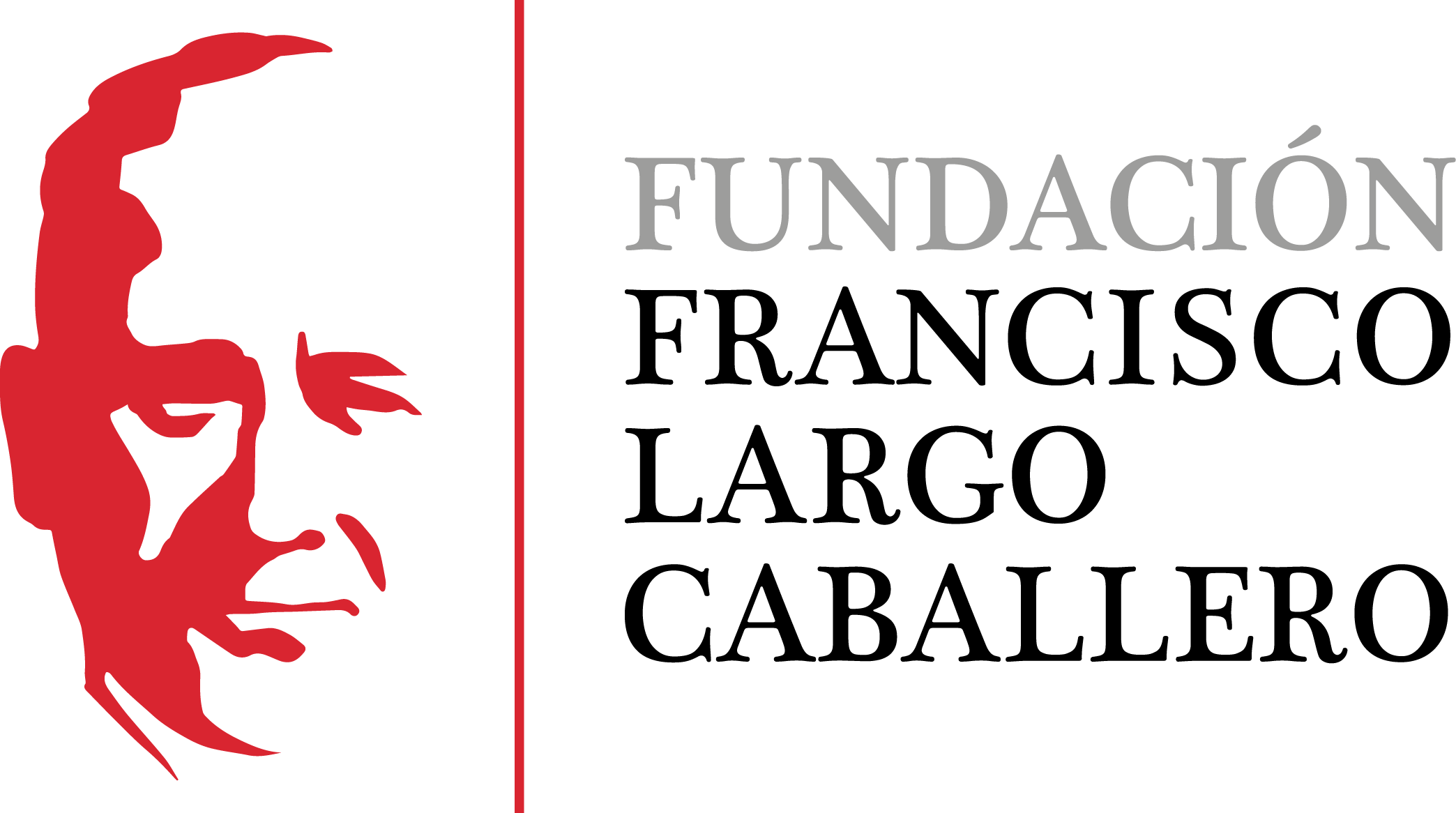Castile in the first Spanish National Historiography, 1833-1900
DOI:
https://doi.org/10.69791/rahc.155Keywords:
XIX Century, Historiography, Castile, Spain, Spanish nationalismAbstract
The analysis of the histories of Spain in the nineteenth century compromises the argument that Spanish nationalism introduced, almost from the beginning, a close identification between the ideas of Castile and Spain. Historians have tried to give the Spanish liberal State a long historical basis that usually goes back to the first settlers of the Iberian Peninsula, filled with a Volksgeist that would have resisted all invasions and later civilizations, as well as Middle Age, populated by heroes and cradle of freedom. They have also discussed the role of Castile in shaping the History of Spain, but they have failed to take the perspective of essentialist Castilianism, insensitive to plurality and based on the identification of Castile with Spain.
Downloads
Global Statistics ℹ️
|
99
Views
|
22
Downloads
|
|
121
Total
|
|
Downloads
Published
How to Cite
Issue
Section
License
Copyright (c) 2012 Mariano Esteban de Vega

This work is licensed under a Creative Commons Attribution 4.0 International License.
Alcores is an open-access journal. It provides unrestricted access to its content from the moment of publication. We respect intellectual property rights, and for this reason, the author retains the copyright. All content is distributed under a Creative Commons Attribution 4.0 International (CC BY 4.0) license. The terms of the license can be consulted at: https://creativecommons.org/licenses/by/4.0/
This license allows sharing (copying and redistributing the material in any medium or format) and adapting (remixing, transforming, and building upon the material for any purpose), provided that authorship and first publication in this journal are properly credited, a link to the license is included, and any changes made are indicated.
This type of license facilitates the freedom of reuse and ensures that the content of this journal can be used to meet research needs.





